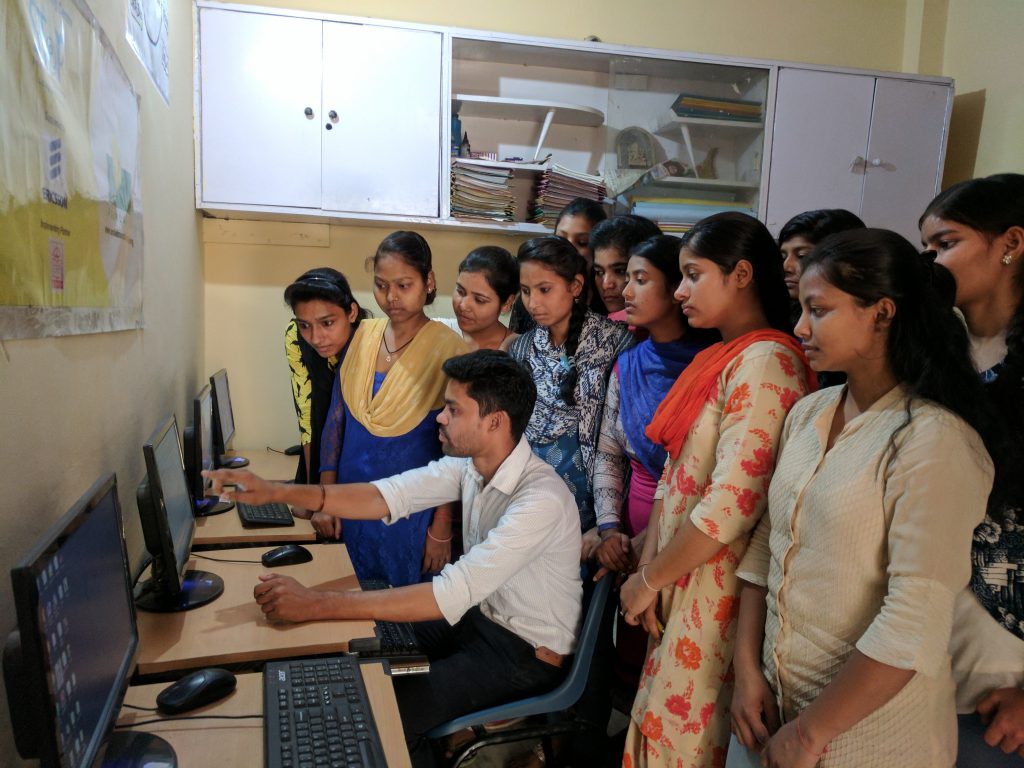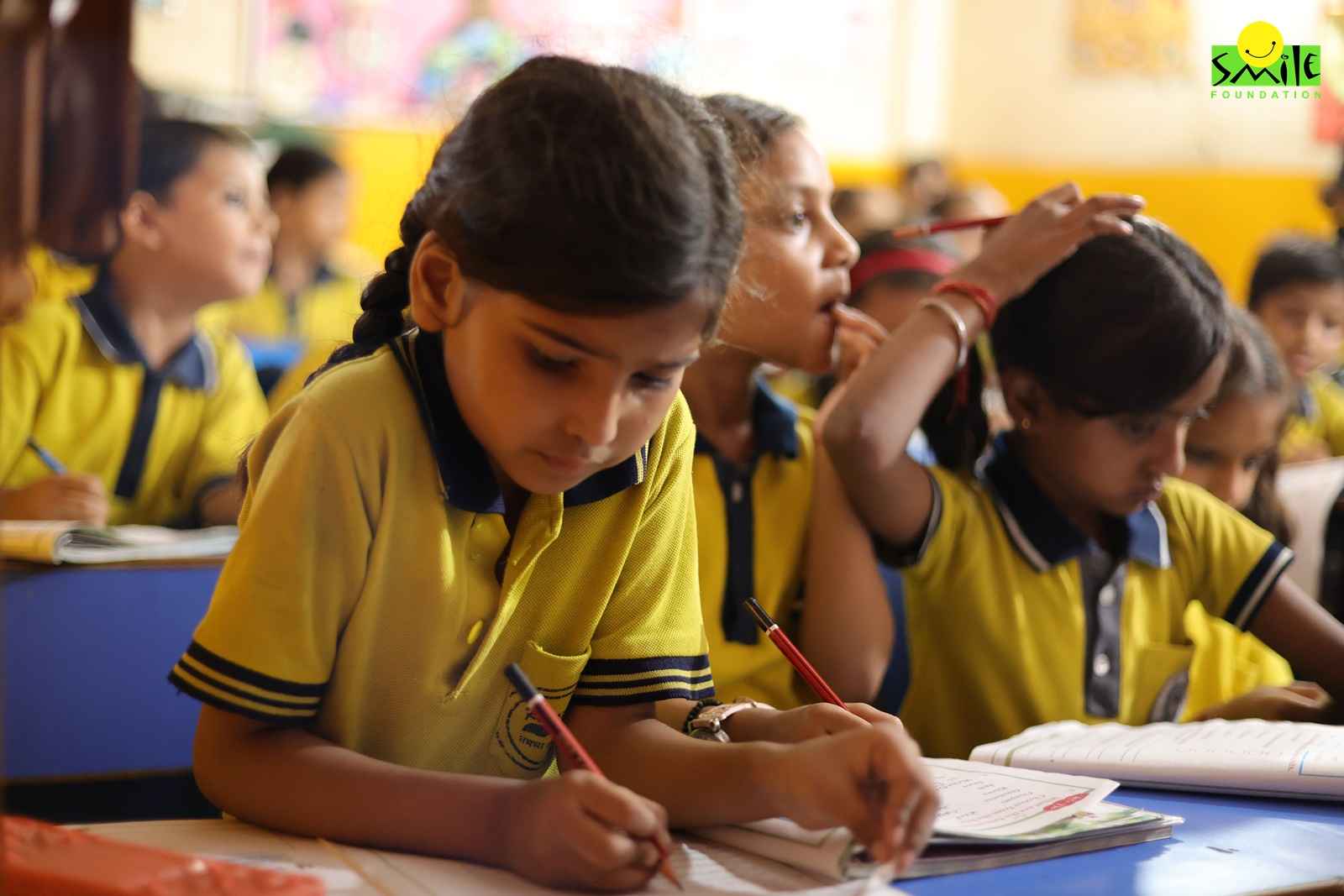In a world where the differences between the privileged and the underprivileged remains too big to resolve, individual donors hold the power to create change that can change the economical and mental shape of a nation. The impact of their generosity extends beyond the immediate benefits of food, shelter and education.
It spreads through communities, fostering hope, resilience and the potential for sustainable development.
The Power of an Individual Donor
The story of many successful organisations began with the compassion and vision of a single individual. For instance, Dr. Muhammad Yunus, the founder of Grameen Bank, started by lending small amounts of money to impoverished basket weavers in Bangladesh. His microfinance model has since empowered millions of people to lift themselves out of poverty.
Similarly, Scott Harrison, the founder of charity: water, started his journey after spending two years in West Africa, where he witnessed the devastating effects of dirty water. Compelled by what he saw, he returned to New York City and launched charity: water on his 31st birthday. Harrison’s initial efforts included asking friends to donate $20 for clean water instead of giving him birthday gifts. This simple act of giving grew into a global movement that has funded over 91,000 water projects and provided clean water to more than 14 million people.
These examples illustrate that the initiative of one person can lead to widespread change. When an individual engages with a cause, they are not just providing financial support but also endorsing the mission and encouraging others to participate.
Lessons for Children When Adults Give
Philanthropy is not only about financial contributions- it also serves as a powerful educational tool. When children observe adults engaging in acts of giving, they learn invaluable lessons in empathy, responsibility and community service. These lessons shape their values and attitudes towards the world.
- Empathy and Compassion: Children learn to understand and share the feelings of others. Seeing adults give to those in need teaches them to recognise and respond to the struggles of others with kindness and concern.
- Responsibility and Citizenship: Philanthropy instills a sense of responsibility. Children learn that they have a role to play in their communities and that their actions can contribute to the well-being of others.
- Generosity and Gratitude: Witnessing generosity encourages children to be generous themselves. It also helps them appreciate what they have and develop a mindset of gratitude.
- Equality and Fairness: By observing efforts to address inequalities, children understand the importance of fairness and justice. They learn that everyone deserves equal opportunities and support.
The Reality of Inequality
It is disheartening that in the 21st century, we still refer to some nations as ‘third-world countries.’ This term, rooted in Cold War geopolitics, unfairly labels countries based on their economic status and perpetuates stereotypes. The reality is that many so-called “third-world” countries are rich in culture, history and potential, yet they face systemic challenges that hinder their development.
An individual donor plays a crucial role in bridging these gaps. By supporting initiatives that promote education, healthcare and economic development, donors contribute to a more equitable world.
Promoting Equality Through Giving
Philanthropy can be a powerful tool for promoting equality. Here’s how-
- Access to Education: Donations to educational programmes ensure that children from underserved backgrounds receive quality education, which is a fundamental step towards breaking the cycle of poverty.
- Healthcare Initiatives: Supporting healthcare projects improves the quality of life and increases life expectancy in disadvantaged regions. This can lead to healthier, more productive communities.
- Economic Empowerment: Funding microfinance initiatives and vocational training programs empowers individuals to become self-sufficient and contribute to their local economies.
- Advocacy and Awareness: Supporting NGOs that advocate for policy changes helps address systemic issues. Awareness campaigns funded by donations can shift public perception and lead to societal change.
The Effect of an Individual Donor
When people witness acts of generosity, they are often inspired to give as well. This creates an effect, where one act of kindness can lead to many more, amplifying the impact.
For example, when an individual donor funds the construction of a school, they not only provide education to children but also create jobs for teachers, encourage local businesses to supply materials and foster a culture of learning in the community. The benefits of this single act of giving can influence hundreds of lives directly and indirectly.
Individual donors have the power to transform lives and communities. Through their contributions, they provide essential resources, promote equality, and inspire others to act. The founders of many NGOs including Smile Foundation’s started their journeys with simple acts of giving, demonstrating that anyone can make a significant impact.
Children learn invaluable lessons from observing philanthropy, shaping their values and future actions. As we strive for a more just and equitable world, it is crucial to recognise the role of individual donors in driving this change. By supporting initiatives that address systemic issues, donors contribute to a better future for all. The term “third-world country” may persist in rhetoric, but through collective generosity and action, we can work towards a world where such labels are obsolete, and every nation has the opportunity to thrive.









